Low debt repayment ability, debt collection is difficult

Currently, Vietnam has 15 consumer finance companies (CFs) licensed by the State Bank of Vietnam (SBV) and operating. The outstanding consumer loans of CFs are about VND138.8 trillion, accounting for about 5% of the outstanding consumer credit of the entire system.

Meanwhile, according to Mr. Nguyen Quoc Hung, Vice Chairman - General Secretary of the Vietnam Banks Association (VNBA), statistics by the end of 2023 show that the proportion of outstanding consumer credit accounts for about 21% of total outstanding credit for the economy, reaching nearly 2.9 million billion VND, this is a relatively large number.
However, the economic difficulties have been directly affecting the debt repayment ability of the customer group, most of whom are low-income earners, vulnerable to the impact of the economic and social situation.
“In the first months of 2024, credit growth was the lowest in the past 4 years. The reason is that due to economic difficulties, customers pay their debts low; borrowers' awareness of repayment is not good, borrowers intentionally do not pay their debts; intentionally oppose, denounce, and slander debt collectors. In addition, there is currently no legal corridor for consumer finance debt collection activities, leading to commercial banks (CBs) and financial companies not having tools to collect debts,” said Mr. Nguyen Hong Quan - Member of VNBA Council, Deputy General Director of TPBank.
Along with that, bad debts increased, commercial banks and financial companies had to set aside large provisions, leading to a forced reduction in growth plans. The handling and recovery of bad debts of credit institutions, especially of financial companies, encountered many difficulties. Many companies fell into difficult situations, even suffered losses due to the high provision for risks.
According to Home Credit Vietnam's 2023 consolidated financial report, this finance company's after-tax profit reached VND375 billion, the highest in the consumer finance industry but much lower than the net profit of VND1,100 billion of the previous year.
FE Credit has started to make a profit again since the fourth quarter of 2023, after 5 consecutive quarters of losses due to credit risks, market risks, especially weakened capital absorption. Meanwhile, some other financial companies still have difficult operations due to very cautious business in the context of many market risks. For example, Mirae Asset lost 963 billion VND in 2023, after a profit of 120 billion VND in 2022; Shinhan Finance also reported a loss of more than 460 billion VND after acquiring Prudential Finance Company, Mcredit reduced its profit by 70%...
Regarding debt collection activities in the consumer finance market, as of the end of February 2024, outstanding consumer loans of financial companies were about 138.8 trillion VND, bad debts accounted for nearly 18% of bad consumer loans of the entire system....
Proposing a legal framework for debt collection and strictly handling the situation of "debt default"
COVID-19 has pushed many low-income people, who are the main customers of consumer credit, into financial difficulty, reducing their ability to repay debts. In this context, improving the efficiency of consumer debt collection is extremely essential.
Currently, the financial and banking sectors are concerned about the group of customers who "deliberately default on debt". Currently, on social networking sites, there are more and more groups sharing ways to default/avoid paying loans from online websites/applications.
“Customers tend to behave similarly to loans at financial institutions as they do with non-financial institutions’ Apps/Websites/lending organizations,” said Mr. Le Quoc Ninh - Head of Consumer Finance Club - VNBA, General Director of Mcredit Finance Company.
According to Mr. Le Quoc Ninh, some tricks are being popular such as: Filling in "fake" information about email, address and phone number of the company where they work; intentionally changing contact information, place of residence and place of work after disbursement. These tricks are making it difficult to evaluate customers, remind them of debts and collect debts. Meanwhile, consumer finance companies have to increase costs for reminders and debt collection activities, including operations, human resources, as well as related legal costs.
Faced with this situation, Mr. Le Quoc Ninh recommended: The Ministry of Public Security should develop specific and unified guidelines to handle and prosecute criminal liability for acts of intentionally evading debt repayment obligations; consider creating favorable conditions for financial companies to access the National Population Database, helping to minimize fraud in identity theft and identity forgery.
“Deploying a credit scoring tool, exploiting Big Data (tax information, utility usage information, rental information, etc.), researching the Alternative Scoring scorer (credit scoring using alternative data) and behavioral scoring of the Vietnam National Credit Information Center (CIC), as well as commercial banks to improve the reliability of the tool…”, said the General Director of Mcredit Finance Company.
For the State Bank, representatives of some financial companies recommended: The State needs to complete the legal framework to ensure compliance with the practical activities of consumer debt collection. The State Bank, as a management agency, proposes and recommends to superior agencies to study and develop a legal corridor to allow and control the provision of professional debt settlement services.
Debt collection services are a prohibited industry in Vietnam according to the Investment Law 2020. However, debt collection activities have not disappeared but have become transformed when they are not bound by investment and business conditions as before. "Currently, the Vietnamese market still lacks professional debt collection services, while this is a popular field in many developed countries. This activity should be planned as a conditional business, with clear and transparent regulations on the conditions for establishment, operation, and clear control mechanisms instead of being banned as it is now", Mr. Le Quoc Ninh proposed.
Mr. Nguyen Hong Quan suggested: The authorities should continue to strengthen the destruction and strict handling of illegal "black credit" subjects; speed up the progress of adjusting the Laws and sub-law documents, such as the Decree on consumer rights protection, which should have regulations on the responsibilities of individuals borrowing capital (consumers using financial services) regarding the "Borrow - Pay" obligation and conditions for protection of legitimate rights in the role of service users (consumers).
“The State Bank and ministries and sectors should coordinate to study and build a legal framework for consumer lending under the model of financial technology companies (Fintech), online apps...; propose to study and build a legal framework to allow professional intermediary debt collection organizations to collect debts, supporting commercial banks/financial companies in consumer lending. In addition, propose the State Bank to consider regulations on debt classification for unsecured and small-scale consumer loans,” TPBank Deputy General Director suggested.
In the face of the complicated situation, Mr. Nguyen Quoc Hung, Vice Chairman - General Secretary of the Vietnam Banking Association, recommended: Banks should lend more strictly to avoid causing system insecurity. Improving the quality of consumer loans to serve people's living needs and reducing "black credit" is necessary. However, banks must also share with customers. Specifically, when customers repay debts, they need to consider reducing interest rates, so that they can see that even if they have difficulties or intentionally do not repay their debts, when they cooperate, the bank has a humane method of exempting and reducing debts...
Source








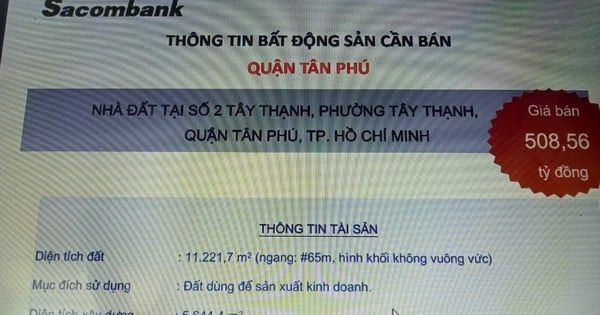

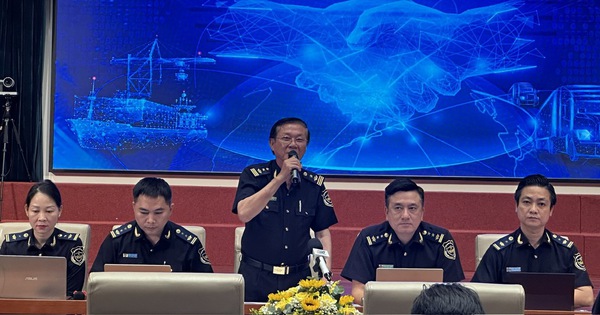





























![[Photo] Prime Minister Pham Minh Chinh chairs Government Conference with localities on economic growth](https://vstatic.vietnam.vn/vietnam/resource/IMAGE/2025/2/21/f34583484f2643a2a2b72168a0d64baa)

















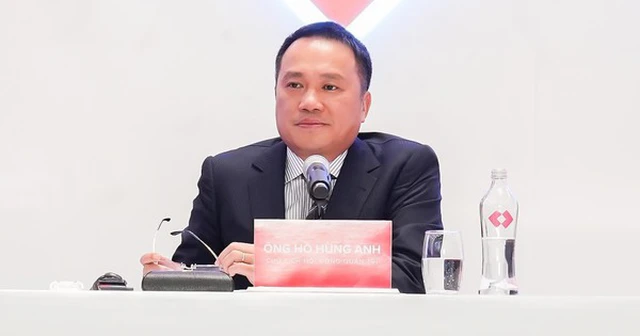

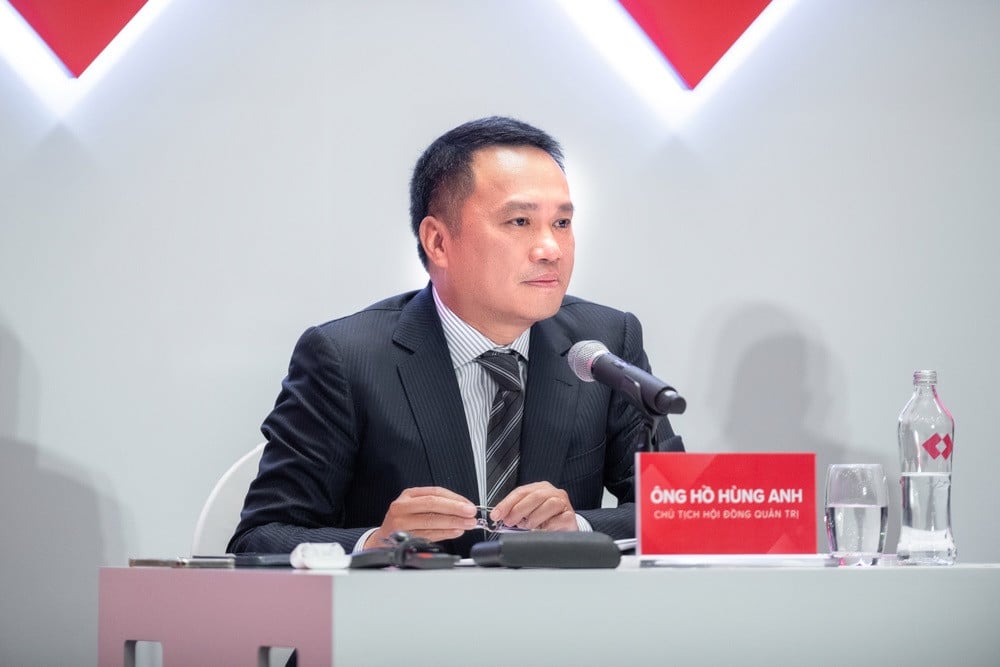













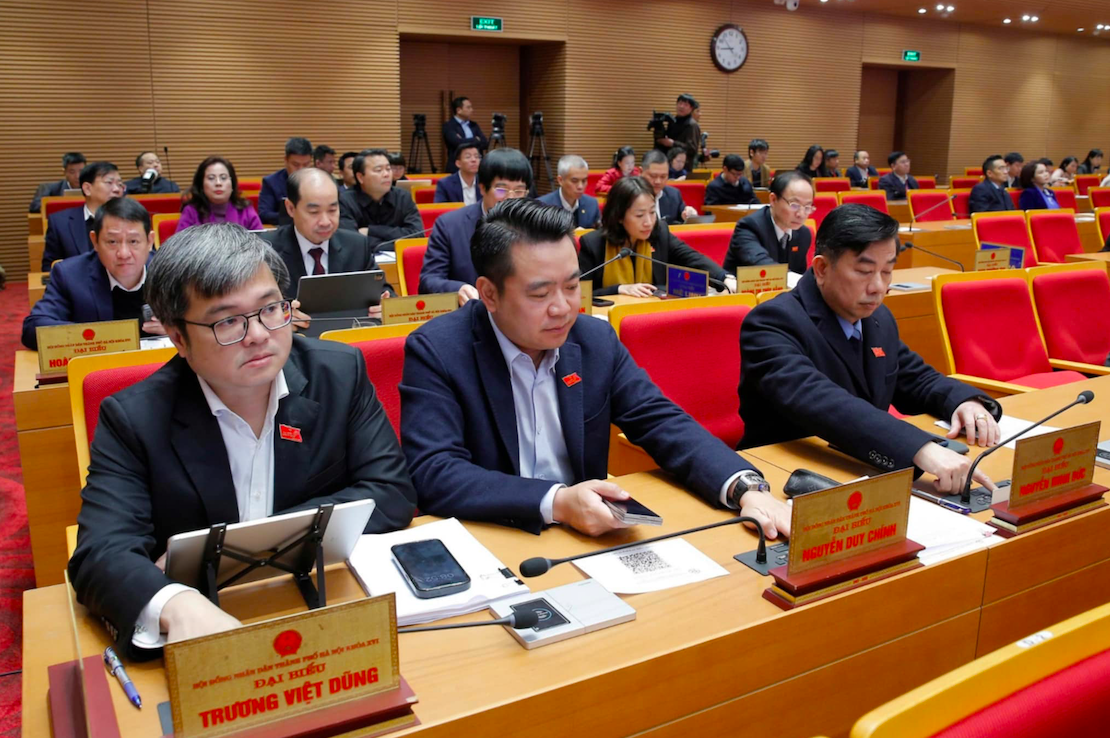

















Comment (0)